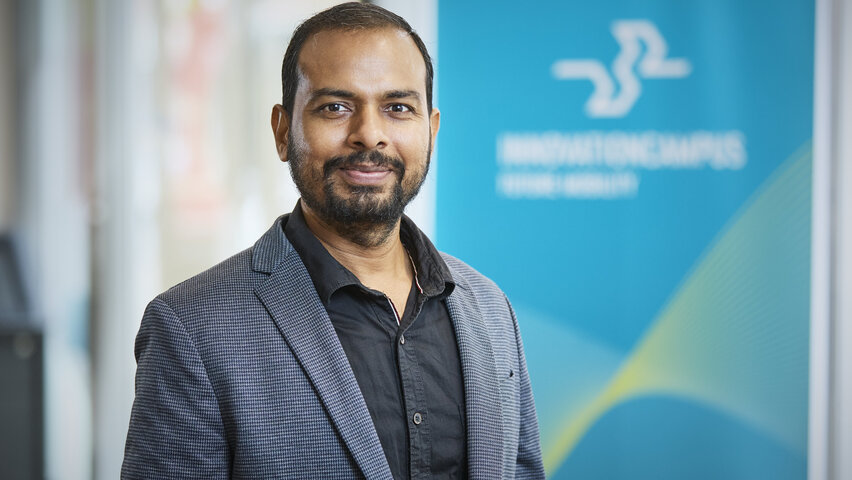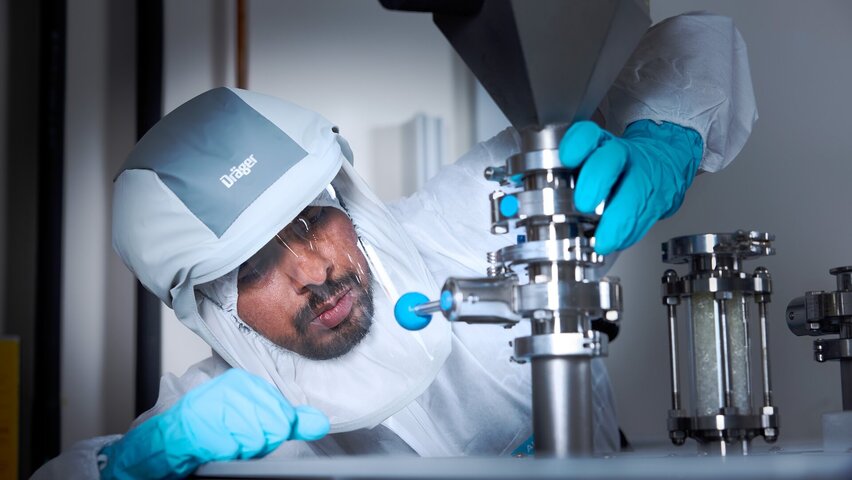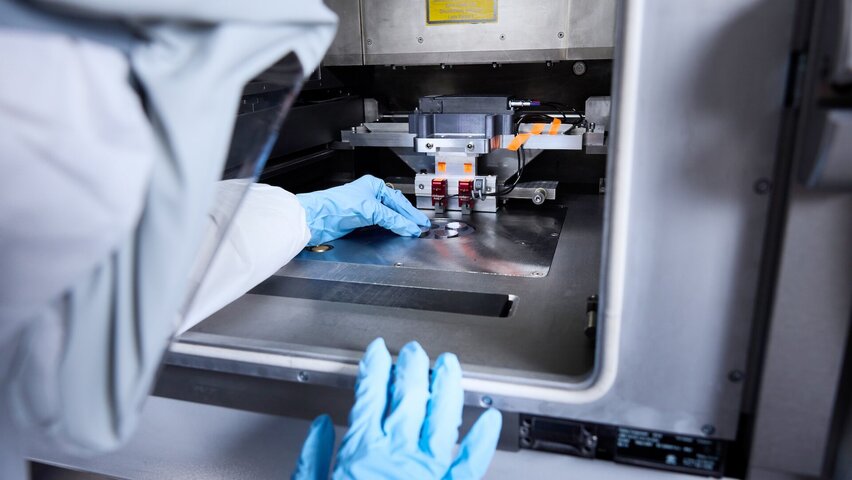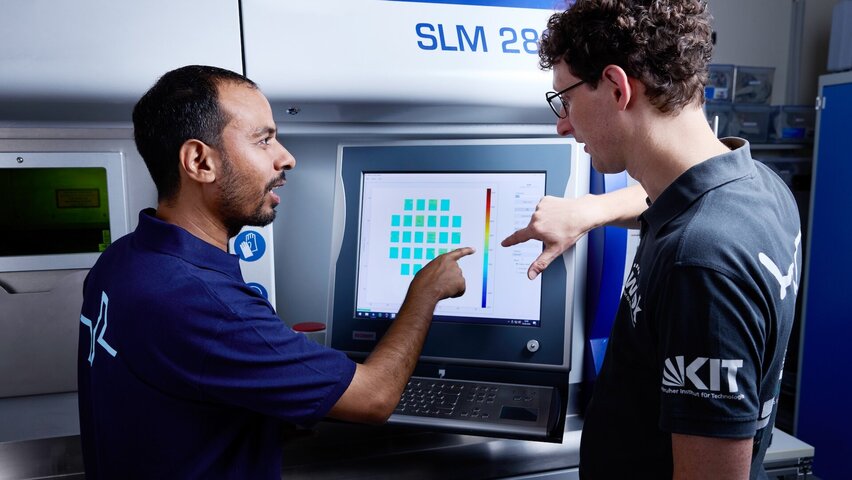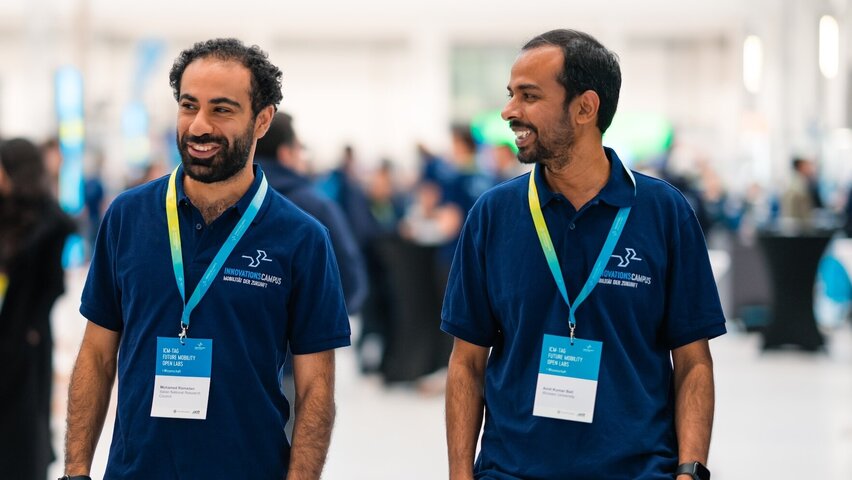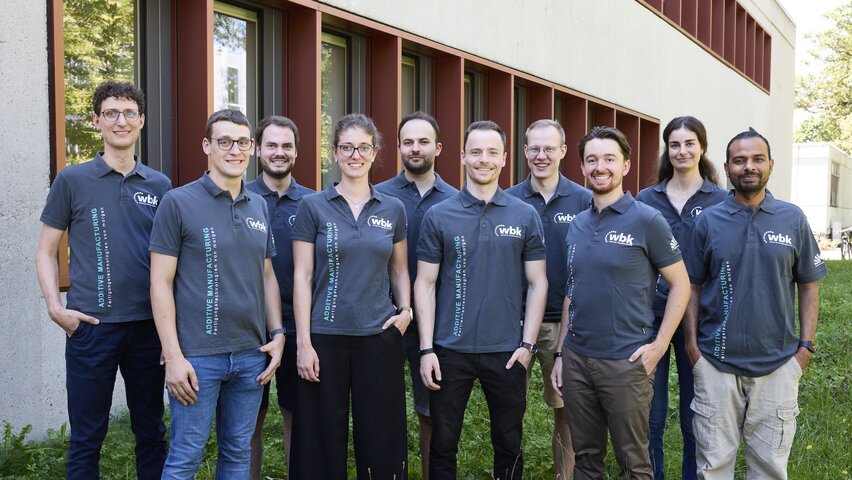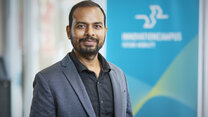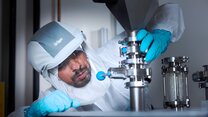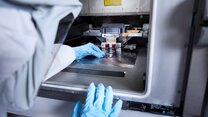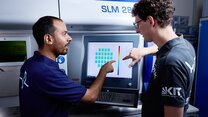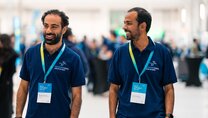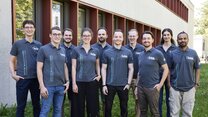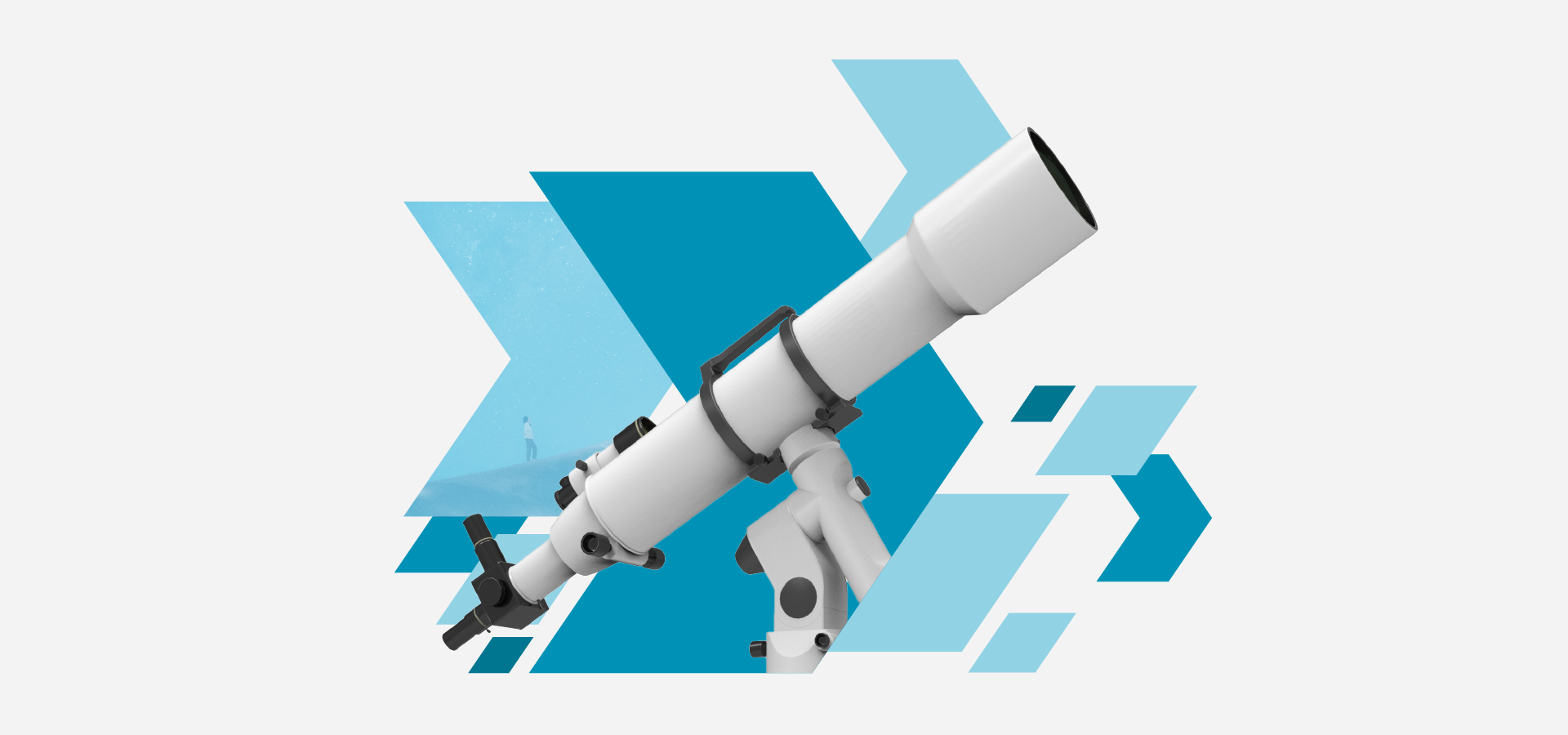
An Interview with Amit Kumar Ball
November 20, 2024
Dr. Amit Kumar Ball is Assistant Professor at the Woxsen University in Hyderabad, India. The ICM is honored to welcome him to Karlsruhe within the ICM Mid-Term Fellowships for Experts.
Can you describe the recent project you worked on and its impact?
I am currently working on a project titled "Optimizing Thermal Distortion Management in Laser Powder Bed Fusion Processes through Advanced Islanding Strategies and Metaheuristic Optimization Techniques." This project aims to tackle the persistent challenge of thermal deformation in Laser Powder Bed Fusion (LPBF) additive manufacturing, which significantly affects the quality of complex metallic components. By implementing advanced islanding strategies and employing metaheuristic optimization techniques, the project focuses on refining LPBF parameters to improve the efficiency and quality of the manufacturing process. The impact of this research is substantial, as it not only aims to advance academic knowledge but also offers practical improvements for the additive manufacturing industry. Our goal is to reduce thermal distortion through the application of optimized islanding strategies, which could potentially yield improvements compared to traditional methods. The insights gained could streamline production processes by optimizing heat management, specifically by mitigating thermal gradients that lead to residual stress. In LPBF, the rapid melting and solidification of metal powders create localized areas of high temperature, resulting in thermal gradients that cause thermal stresses and ultimately lead to deformation. By implementing advanced thermal control measures, we can reduce these thermal gradients, leading to lower residual stress and improved dimensional accuracy. This improved thermal control will result in more precise geometries, reducing the need for extensive post-processing and lowering production costs. Additionally, by applying advanced islanding strategies, we expect to achieve more uniform mechanical properties across complex geometries, thereby enhancing reliability. This approach ultimately reduces trial-and-error methods and facilitates greater adoption of LPBF technologies in industrial applications, especially for high-performance components in aerospace and automotive sectors.
How did you become acquainted with us? How did you come into contact with your host institution?
I became acquainted with KIT and the Innovation Campus Future Mobility Grants through a combination of academic networking and recommendations. During my tenure as a postdoctoral fellow at Penn State University and the University of Connecticut, I established connections with researchers around the world in the field of additive manufacturing and thermal optimization. These connections led me to explore opportunities at KIT, a renowned institute for research in advanced manufacturing and thermal management. I share a common interest with Prof. Dr.-Ing. Frederik Zanger, Director of Manufacturing and Materials Technology at the wbk Institute of Production Science at KIT. We have exchanged ideas and are working together in this domain, focusing on optimizing manufacturing processes and addressing challenges related to thermal management in additive manufacturing. The ICM Fellowship was highly recommended to me due to its alignment with my research interests in optimization techniques and the integration of AI in manufacturing.
The stay at the Karlsruhe Institute of Technology is particularly important/interesting for my research because…
The stay at KIT is particularly important for my research because it provides access to state-of-the-art facilities, including advanced manufacturing facilities, high-end machines for designing simulation strategies, and a collaborative research environment. The expertise available at KIT significantly accelerates progress in this domain. Working jointly with experts, we push the boundaries of what we can achieve in optimizing manufacturing processes and thermal management in additive manufacturing. The advanced manufacturing facilities, high-end simulation equipment, and the wealth of expertise at KIT all contribute to an environment where we can push the frontiers of additive manufacturing research.
How did you perceive the work here at KIT? Has the ICM Fellowship changed your approach to your work?
Working at KIT has been an incredibly rewarding experience, thanks to the collaborative atmosphere and access to top-tier resources and infrastructure, which have played a key role in advancing my research. The ICM Fellowship has inspired me to adopt a more interdisciplinary approach, particularly by integrating AI and machine learning methodologies, which are crucial in optimizing complex manufacturing processes and enhancing predictive capabilities in thermal management into my work to address complex engineering challenges. The diverse perspectives and the opportunity to collaborate with leading experts have been crucial in refining my research objectives and expanding the overall scope of my work.
Bucket list: Name three things you did or experienced or want to do during your stay in Germany.
- I would love to spread the word about the world-class work culture and fantastic engineering at KIT, interviewing experts, and sharing our collaborative journey with the rest of the world.
- Visit the Black Forest to explore its natural beauty and explore the cultural heritage of Heidelberg, including its historic castle and old town.
- Attend a traditional German festival to immerse myself in the local culture and interact with the community.
For me, the ICM stands for ...
For me, the ICM stands for innovation, collaboration, and advancing mobility through groundbreaking research, providing a platform for world-class work culture, supporting future innovations, and acting as an axle driving the future.
